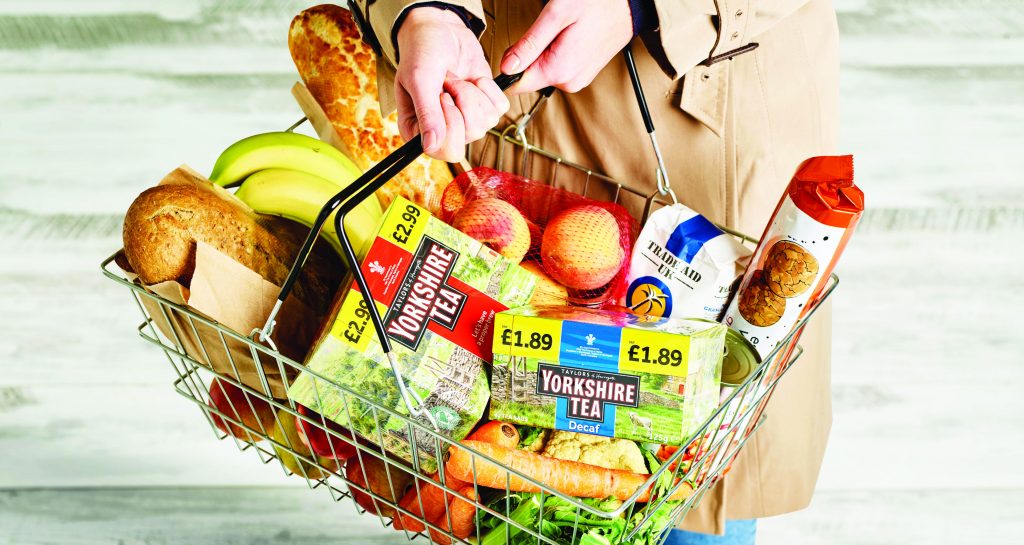Despite the value fall in the period to 5 September, sales were still 8.7% higher than before Covid showing the impact of the pandemic is still being felt across the industry.
However, Kantar predicts further changes in the market as more people return to work which is expected to have an impact on shopping habits in the months ahead.
Fraser McKevitt, head of retail and consumer insight at Kantar, said today: “The nation’s return to normality, as more people go back to work, could mean the rate of industry sales decline could accelerate and that is not unexpected.
“Since May, shopper footfall has not increased at all and we are waiting to see whether September will provide a kick-start for business as more people are out and about.
“There are big lifestyle changes on the horizon with commuters heading back to the office and the return to school and we’d expect this to impact how people shop.
“In the first week of September, we measured the highest supermarket footfall all year outside of the Easter period with more people out and about picking up items as they go.
“That suggests a hint of change, and could see shoppers shun the ‘big shop’ in favour of more frequent top-up buying.
“That could provide a boost for convenience retailers as people move back towards smaller baskets.
“But we shouldn’t expect to shift from habits learned in lockdown straight back to pre-Covid patterns overnight.
“More people returning to towns and cities should also provide a boost for cafés and coffee shops.
“We anticipate that a good amount of lost cash should return to the high street this year but that means it will move away from the grocery sector.”
The trend away from large shops is already happening on digital platforms, with the average online shop now worth around £78 – nearly £17 less than its peak at the start of the pandemic.
The market share of online grocery has fallen to 12.2% this month from 13% four weeks ago – the lowest level since May 2020 as people continue to move their spend back in-store.
One challenging issue for the industry in the months ahead will be upward pressure on prices.
Like-for-like grocery prices rose by 1.3% in the four weeks to 5 September compared to last year.
McKevitt said: “It seems likely that prices will go up in the coming months. Shoppers have avoided price rises for some time but when costs go up they look for cheaper products and cheaper stores.
“For much of 2021, shoppers have been shielded from price increases, with more being sold on promotion this year compared to 2020.
“But in the past month only 27.5% of spending was done on deals.
“Other than the early days of lockdown last year, that is the lowest level recorded in the 15 years we have tracked this data, with retailers aiming to offer everyday low prices instead.”
 Talking Retail Grocery and product news for independent retailers
Talking Retail Grocery and product news for independent retailers






